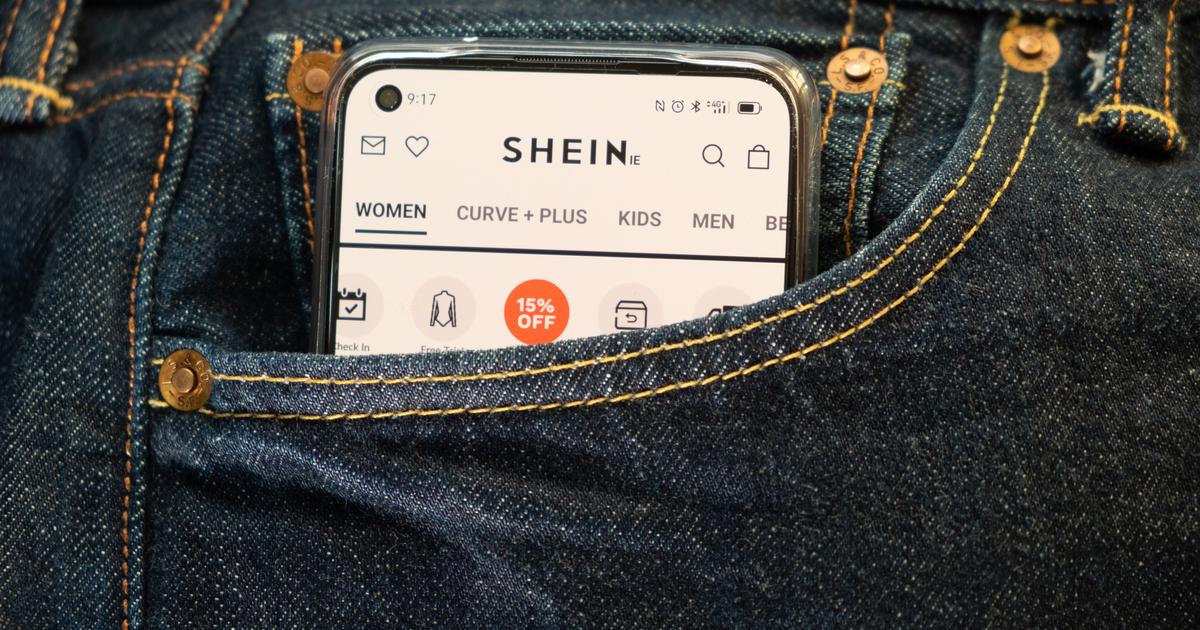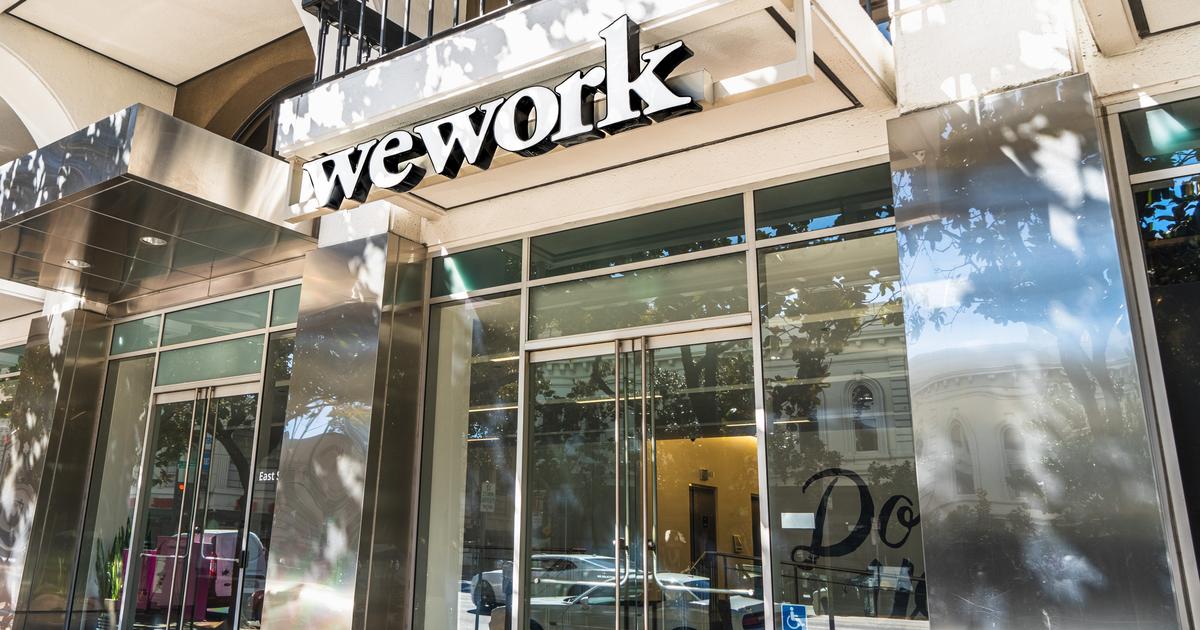Enlarge image
"The rich don't get a better deal at Robinhood":
Founders
Vlad Tenev
(CEO) and
Baiju Bhatt
(Chief Creative Officer) see themselves as fighters for free access to the financial market
Photo: Robinhood
Vladimir Tenev
and
Bajiu Bhatt
(37) have big
plans
. The two founders of the trading app Robinhood, who got to know each other as students at Stanford University, have no less goal than "to democratize the financial market for everyone". Securities trading via app on your mobile phone, buy and sell stocks with just a few taps of the finger - and without any fees. With this approach, Robinhood also wants to revolutionize the rules on Wall Street: Tenev and Bhatt still need a lot of money for this - and they are now getting that from the stock exchange.
With its IPO this Thursday, Robinhood wants to raise up to 2.3 billion US dollars (2.0 billion euros).
On Monday, the company announced that it would sell around 55 million shares in a price range of 38 to 42 US dollars to investors.
Overall, Robinhood is aiming for a valuation of 35 billion US dollars at the premiere on the New York technology exchange Nasdaq.
There is much to suggest that the stock market revolutionary's IPO will be a success.
Powerful allies
Chef Tenev and his chief creative Bhatt already have powerful allies. Robinhood's backers include financial investors Andreessen Horowitz, Sequoia and Ribbit Capital, as well as celebrities such as rapper Snoop Dogg and actor Jared Leto. These are useful supporters if you claim to be rewriting the rules of the big financial market for the benefit of the common people.
Robinhood, the advocate for the little ones, has yet to grow vigorously for this goal.
Tenev and Bhatt also know this: on their digital roadshow on the occasion of the upcoming IPO, the founders presented ideas for further expanding their business.
The goal is to develop from a broker to a comprehensive financial services platform ("single money app"), reported the news channel CNBC.
In addition, the offer is to be expanded to include US retirement accounts, crypto wallets and payment services.
When going on the Nasdaq, Robinhood now wants to offer around 52.4 million shares.
The company's founders and CFO
Jason Warnick are
offering around 2.6 million shares.
How Robinhood became popular
The company from Menlo Park, California, founded in 2013, is considered a pioneer of a younger generation of investors in the US financial market. "Our dream is to make investing more accessible, especially for people with little money," said Bulgarian-born Tenev at a hearing in the US House of Representatives. "We believe the financial system should be built to work for everyone, not just a select few."
Robinhood enables commission-free trading in stocks, funds, options and cryptocurrencies via the easy-to-use app.
The financial services provider more than doubled its number of users last year - most recently it was 22.5 million.
Young brokers have opened the world of trading to many people.
According to the company, almost half of all new securities accounts opened with Robinhood between 2016 and 2021 in the United States.
The thing with Gamestop
The platform profited massively from the corona pandemic when private individuals discovered share trading for themselves in lockdown. Awareness - and a lot of criticism - also contributed to its role in the stock turmoil of the video game retailer Gamestop at the beginning of the year. Swarms of small investors had arranged to buy shares via internet forums and thus forced institutional investors such as hedge funds to cancel their bets on a decline in the price of these securities, sometimes with high losses.
In the midst of the Gamestop price rally, which was threatening for major investors, Robinhood, to the surprise of its customers, temporarily restricted trading.
The company received loud criticism and accused itself of discriminating against small investors in relation to the Wall Street establishment.
The case is already preoccupying the courts - several users have sued Robinhood.
Share trading, playfully easy
But criticism also comes from other sources. Critics accuse Robinhood of acting like a gaming provider and encouraging customers to make as many transactions as possible and to engage in risky trading. Numerous legal disputes with users and US authorities as well as investigations by the stock exchange regulator have been troubling the broker since then. With Robinhood, stock trading is easy and cheap - but the risks of daily stock trading according to the motto "Tap-Tap-Trade" have faded into the background, critics complain.
The broker's entrepreneurial concept is particularly controversial. Robinhood does not take any fees from users, but earns money by arranging transactions with high-frequency traders. They pay the broker money to be able to execute orders - this questionable Wall Street practice is called "payment for order flow" (PFOF). From the difference between the price that the user pays and the price at which a share is traded, the market makers take small profits, as the "Economist" explains.
The online broker's prospectus now provides further business insights. The neobroker estimates that between 2016 and 2021, almost half of all new securities accounts in the United States were opened with Robinhood. At the end of the first quarter of 2021, Robinhood Depots had a share volume of around $ 65 billion. Add to that $ 2 billion in options, $ 11.6 billion in cryptocurrencies, and $ 7.6 billion in cash.
For fiscal 2020, Robinhood posted a small profit of $ 7 million after a loss of $ 107 million the previous year.
In view of the young, tech-savvy users, trading in Dogecoin made a significant contribution to profit, which at times increased by a good 26,000 percent in the past twelve months.
In the first quarter of 2021, Robinhood suffered a huge loss of $ 1.4 billion on sales of $ 522 million.
In the long term, the self-proclaimed champions of small investors want to be profitable.
And of course, as Tenev put it at the roadshow, nothing less than "change Wall Street forever".
cs / dpa-afx, Reuters











/cloudfront-eu-central-1.images.arcpublishing.com/prisa/KMEYMJKESBAZBE4MRBAM4TGHIQ.jpg)



